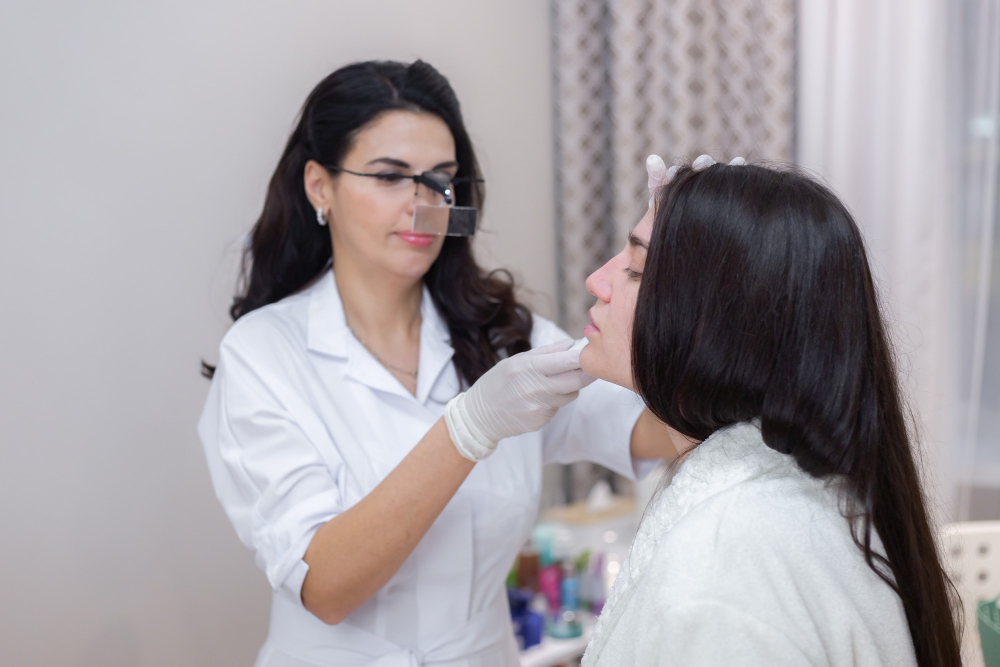Introduction
Exosomes are tiny particles released by cells. They play a key role in cell communication. In dermatology, exosomes are gaining attention for their potential to improve skin health. Many experts believe exosomes could change how we treat skin problems. Because of this, exosomes in dermatology are now a trending topic. This blog will explain what exosomes are, how they work, and their possible benefits for your skin.
What Are Exosomes?
Exosomes are small, bubble-like structures made by most cells in the body. They carry important signals and materials between cells. For example, exosomes can move proteins, fats, and genetic material. This helps cells talk to each other and stay healthy. Scientists first discovered exosomes in the 1980s. Since then, research has shown they play a big part in many body functions, including skin health.
How Do Exosomes Work in the Skin?
In the skin, exosomes help cells repair damage and stay healthy. For instance, they can send signals to skin cells to grow or heal faster. Because of this, exosomes are important for skin renewal. They also help reduce inflammation and support the skin’s natural barrier. As a result, exosomes may help with many skin concerns, such as aging and scars.
Benefits of Exosomes in Dermatology
Many people want healthier, younger-looking skin. Exosome therapy for skin is becoming popular because of its many benefits. While research is ongoing, early studies show promising results. For example, exosomes may help with:
Additionally, exosomes may help boost the effects of other skin treatments, such as lasers or microneedling. Because they are natural messengers, exosomes work with your body’s own healing process.
Current and Emerging Treatments Using Exosomes
Today, some clinics offer exosome therapy for skin. These treatments often use exosomes from healthy cells. The exosomes are applied to the skin or injected during procedures. For example, exosomes may be used after microneedling to speed up healing. Some new products also include exosomes in creams or serums. However, most exosome treatments are still being studied. The U.S. Food and Drug Administration (FDA) and other health agencies are reviewing their safety and effectiveness.
As more studies are done, we may see new uses for exosomes in dermatology.
Safety and Risks of Exosome-Based Therapies
Most early studies show exosome therapy for skin is safe. However, more research is needed to confirm long-term safety. Because exosome treatments are new, not all products are approved by health agencies. It is important to choose a qualified dermatologist for any exosome-based therapy. Some possible risks include:
Therefore, always ask your doctor about the safety and approval status of any exosome treatment.
Frequently Asked Questions About Exosomes
Conclusion and Next Steps
Exosomes in dermatology offer exciting new ways to care for your skin. Because they help cells heal and renew, exosomes may improve many skin concerns. However, more research is needed to fully understand their benefits and risks. If you are interested in exosome therapy for skin, consult a dermatologist for personalized advice on exosome-based treatments.

